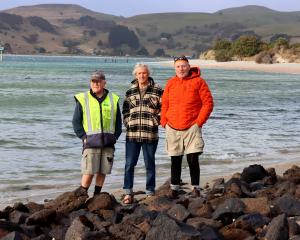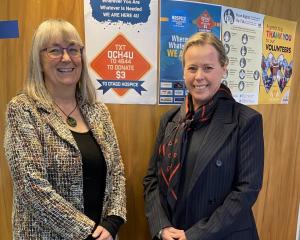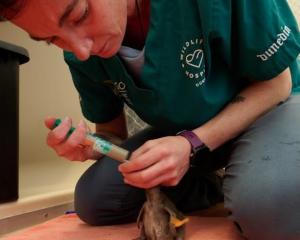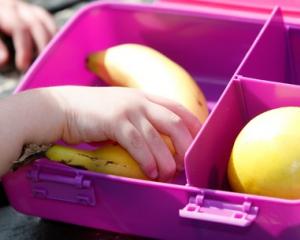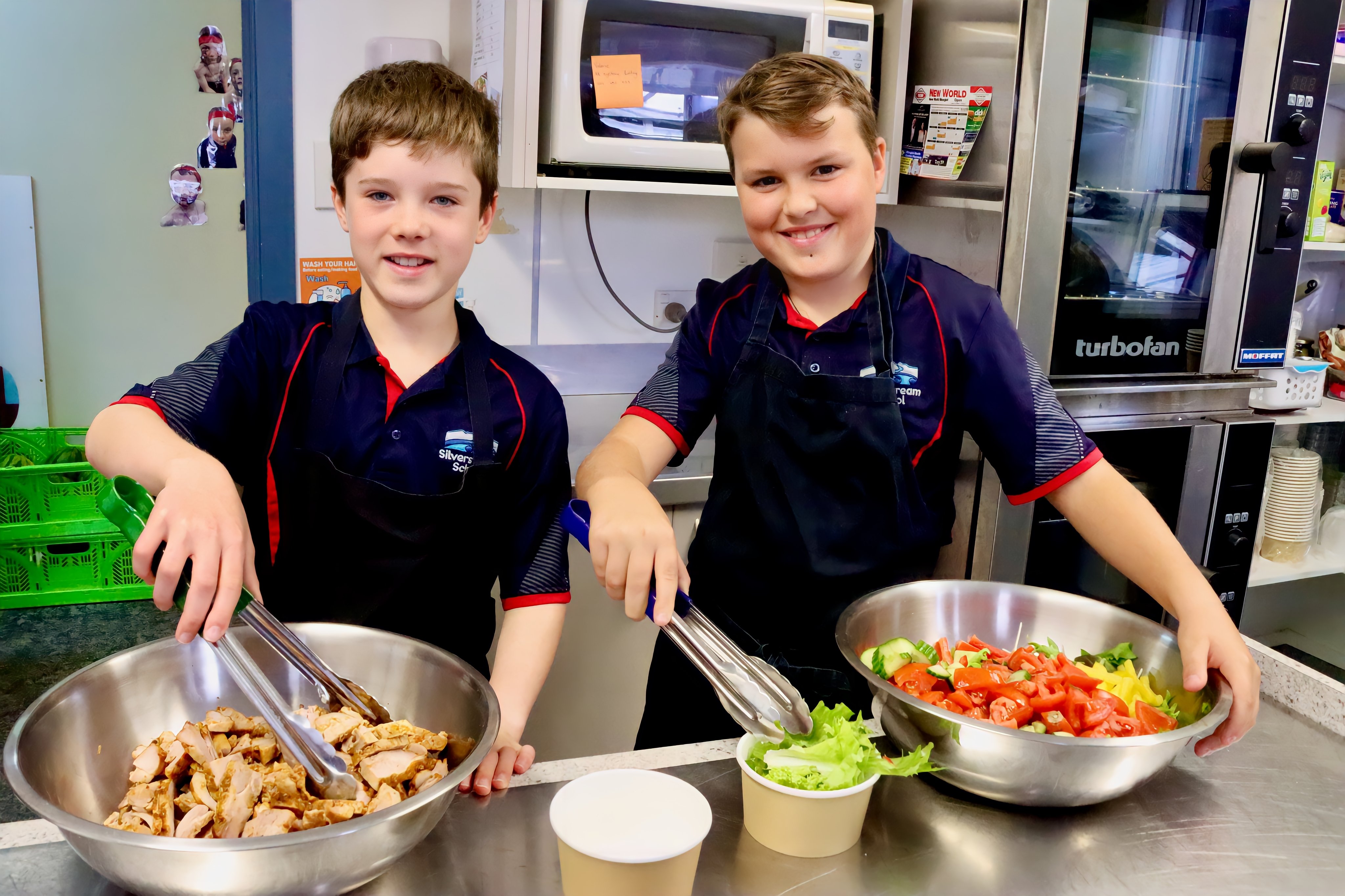
As schools across the country await budget announcements at the end of the month, The Star reporter Simon Henderson investigates the meal deal in Dunedin.
It is a simple enough proposition.
Provide a healthy, nutritious lunch to all pupils in a school, and reap the benefits of improved wellbeing, better concentration and put every pupil on a level playing field, reducing financial hardship for families.
The government has been taking a keen look at the cost of the Ka Ora, Ka Ako, Healthy School Lunches programme and details about funding beyond this year are expected to be part of the 2024 Budget.
Schools in Dunedin which have been taking part have indicated to The Star that the programme is a vital part of helping children learn.
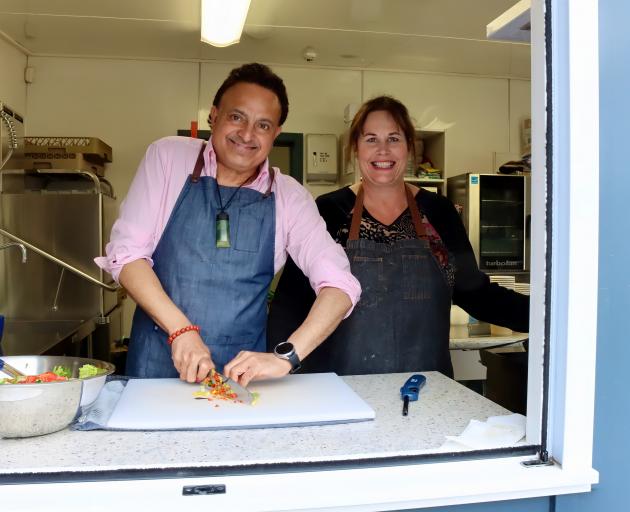
The programme allows the school to employ a chef and an assistant, and all food is prepared at the school.
"Our programme involves hygiene lessons, gardening, growing veges, preparation and kids even cooking for their families with a goal to change the food culture in homes."
Two different children each week are selected to assist chefs Ronnie Bhogal and Charlotte Dawson, learning in the process about food preparation and kitchen hygiene.
An orchard and garden at the school provides some of the ingredients for daily meals, as well as giving pupils opportunities for outdoor learning.

"We have healthier, happier, more engaged pupils who share a real sense of belonging."
Mr Hurley said the programme helped support families who were having a tough time.
He said information from the long-running Dunedin Study showed when children did not have the essentials such as proper food or access to learning they were unable to perform their best in the classroom, impacting mental health and confidence in the long term.
"Every dollar invested in children has between $7-$10 of return on investment."
Associate Minister of Education David Seymour said the government had committed to looking at the evidence and improving the cost-effectiveness of the taxpayer-funded school lunches programme after Labour left it unfunded from 2024 onwards.
"We are looking at the evidence we do have and the feedback we get from the community in order to make a decision that balances the country’s books and the expectations people have around the taxpayer-funded school lunch programme," Mr Seymour said.
"This is under consideration as part of the upcoming budget and I look forward to announcing a programme that delivers for students and taxpayers."
Mr Seymour said it was worth noting for those who said the government should not be making savings that the success of the programme was not going to be defined by the number of dollars spent.
"Success will ultimately be defined by whether kids are getting to school and learning and taxpayers are getting value for their money."




